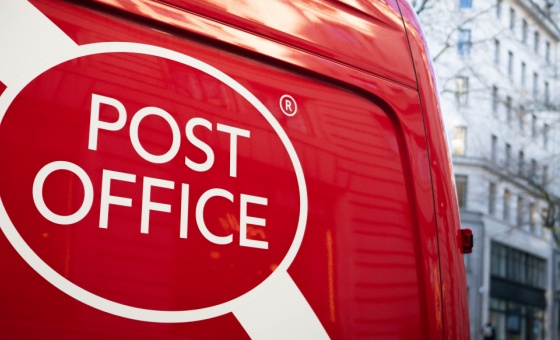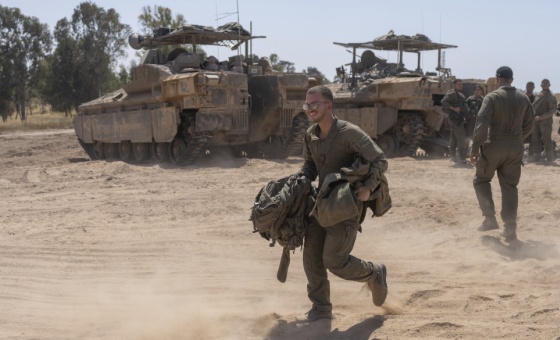AMID the charges and counter-charges exchanged between Russia and Nato over Ukraine, a fact stands out: Russia has walked away from nuclear arms limitation talks with the US planned for this week.
“It’s impossible to discuss strategic stability while ignoring everything that is happening in Ukraine,” Russian Foreign Minister Sergey Lavrov says.
But when nuclear war seems a greater risk than ever — with a brief scare over a Ukrainian missile fired into Poland nearly triggering Nato’s collective response last month — it is even more important that avenues for nuclear de-escalation are not cut off.
Our entire political class seem blind to the extraordinary risk posed by escalation of the Ukraine war. Despite pleas from China’s Xi Jinping with the EU to make a serious effort to get peace talks going, its announcements move in the opposite direction: calls for a special tribunal to try Russian war crimes, appropriation of Russian assets for spending in Ukraine.
The propaganda war is also applied to the past, with Germany’s Bundestag, which as recently as 2017 noted problems in declaring the Soviet Union’s 1930s famine an anti-Ukrainian genocide, voting to do just that on Wednesday night.
Voicing doubts about these developments is to risk being called a “genocide denier.”
A 24-7 media is adept at putting selected horrors before the public, meaning the very real death and suffering in Ukraine looms a larger injustice than other conflicts — like the war in Ethiopia, which has killed far larger numbers, or the war in Yemen, fought with British weapons and advice.
Passions are inflamed and when Ukraine’s first lady tells MPs that Russia is committing atrocities like those of the Nazis and must be punished she is assured of an enthusiastic response. But if we are to avoid escalation it is a time for cool heads.
Several things should be clear.
Armies should be held accountable for war crimes, and mass graves like those uncovered near Kharkiv require proper investigation — just as do the well-attested war crimes committed by neonazi militias like the Azov Battalion in the Donbass over the past eight years, or for that matter by British armed forces in Afghanistan, where the BBC found evidence that the SAS killed at least 54 Afghan detainees in cold blood and scores of children, the youngest just a year old, were killed in our military operations.
Yet there is no likelihood of credible or impartial investigations while the fighting continues. The EU’s proposed special tribunal makes a negotiated end to the fighting less likely. It is nothing more than a dangerous propaganda stunt.
Nor should historical accuracy be sacrificed in the interests of the propaganda war.
Reputable historians have long rejected the notion that the Soviet famine of the 1930s, which affected some republics (like Kazakhstan) even more severely than Ukraine and had a devastating impact in many areas of Russia itself, was a deliberate attack on Ukrainians.
The “Holodomor” narrative exists to depict Russia as the historical adversary of Ukraine — and to create a false equivalence with the systematic extermination project of the Nazi Holocaust.
In so doing it emboldens far-right narratives that paint the Soviets rather than Germany as the aggressor in World War II and relativises the unique crimes of the Nazis, as Germany’s Left Party spokesman Gregor Gysi pointed out.
This is not merely of historical interest. It is about discrediting socialism and rehabilitating fascism. It is dangerous.
Yet even its danger is exceeded by the main consequence of the propaganda war.
Shouting down any reflection on the origins of the conflict, comparing the Russians to the most notorious genocidal regime in history and rewriting that history to paint Russia as a timeless existential menace make it harder to talk about peace, to envisage negotiations.
But unless we can do that there is no sign that this terrible conflict will end.











